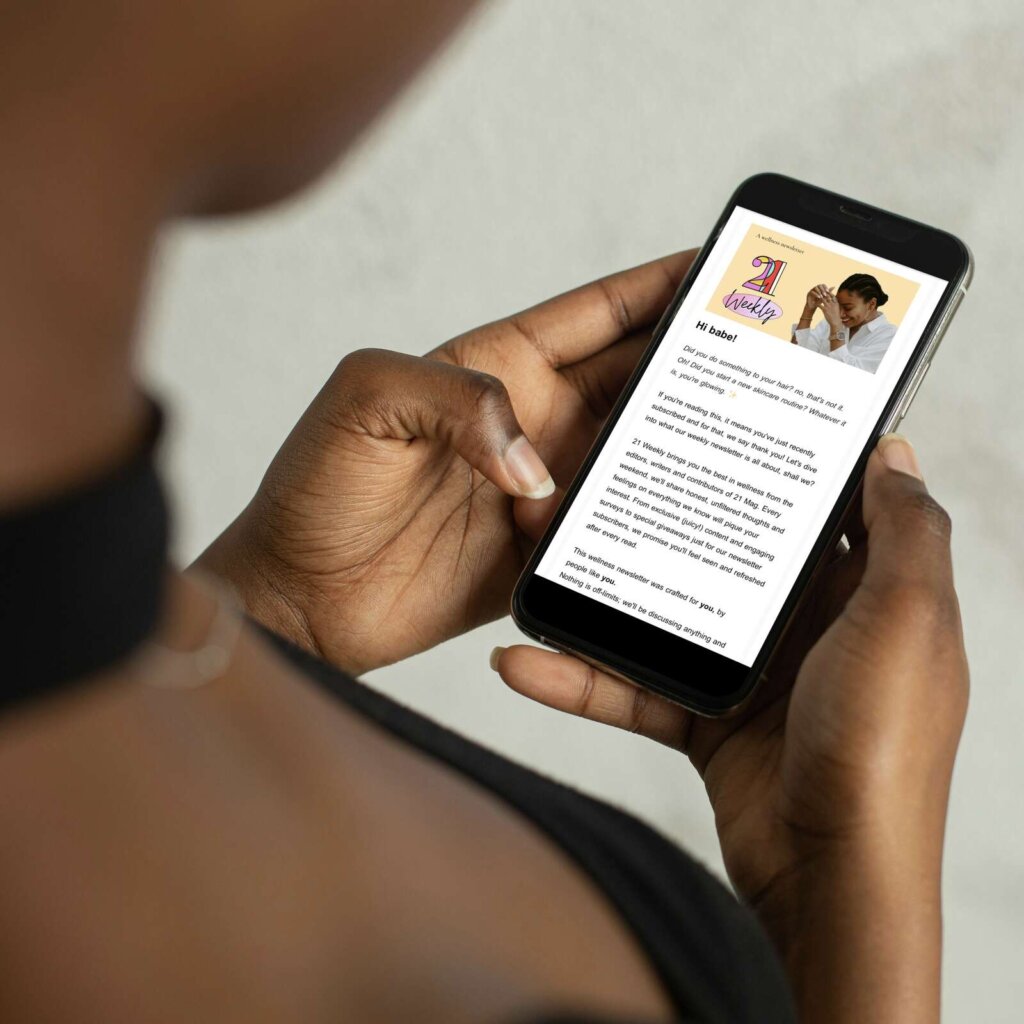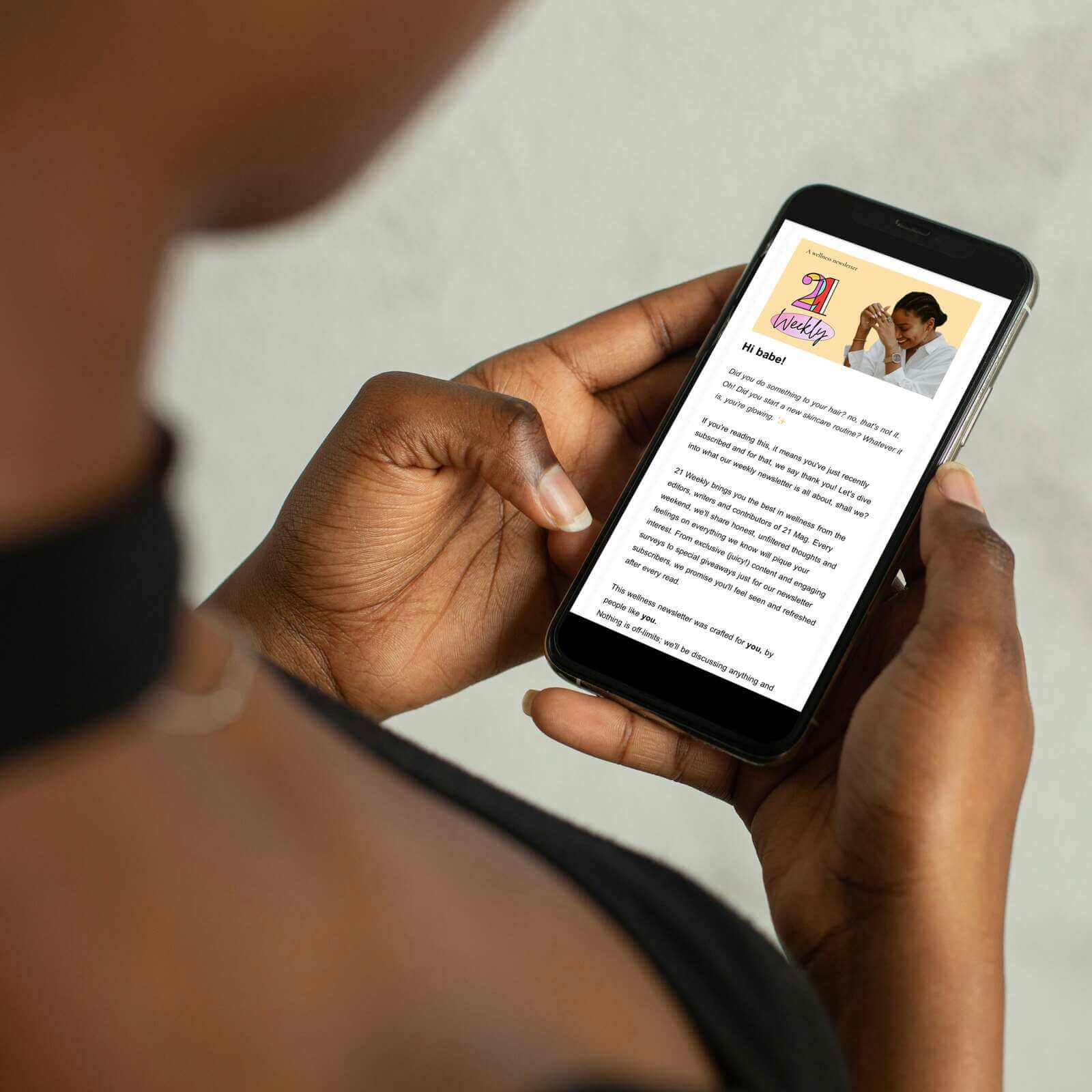No products in the cart.
This is Why Every Woman Deserves a Doula by Her Side During Childbirth
In the sacred journey of motherhood, there is a guide every woman deserves by her side: a doula. The word “doula” is derived from ancient Greek (pronounced “DOO-lah”), which translates to “a woman who serves”.
Every woman deserves a doula by her side because doulas bridge the gap between medical care and emotional well-being. While medical professionals focus on the physical aspects of childbirth, doulas provide continuous emotional support, ensuring that women feel heard, validated, and empowered throughout the entire process. This emotional connection enhances the overall birthing experience, making it more holistic and nurturing, which every woman deserves during such a transformative moment in her life.
Women who are in labour, particularly those giving birth in a hospital, often experience institutional rituals, high rates of intervention, unfamiliar staff, invasions of privacy, intense lights, and needles. Imagine those who are in labour, already in an extremely vulnerable state, made to deal with conditions that most of us would find difficult to handle even at our best. Doulas serve as guards in this situation by offering the mother constant companionship and support, which increases her confidence.
Who is a Doula?
A doula refers to a trained professional who provides emotional and physical support to a birthing person before, during, and after childbirth. Doulas do not provide medical care but offer continuous assistance and comfort to individuals during the childbirth process. Doula care is an important yet underused resource in enhancing maternal health equity.
I recommend watching the movie titled Doula by Chris Pine. In Doula, viewers witness the story of a woman whose birthing journey was profoundly enriched by the presence of a doula.
The Role of a Doula
A doula’s primary responsibility is to the birthing person. Doulas help create birth plans, advocate for pregnant people during prenatal appointments and provide support such as breath work and massage during labour. A doula can provide support via the four pillars of labour support.
● Physical Support: This creates a sense of security and comfort for the mother, knowing someone is there solely for her well-being. It includes giving her food or drinks, assisting with water therapy (shower tub) and massages and helping to create a calm environment by dimming lights or playing soft music.
● Emotional Support: One of the primary goals of the doula is to enhance the mother’s ability to have positive birth memories. They are trained to encourage and offer positive reinforcement to the expecting mother. They validate the mother’s feelings and fears, providing a safe space for expressing emotions without making her feel like she is overreacting, which can significantly reduce anxiety. This includes continuous presence and reassurance.
● Informational support: This is vital for first-time moms as most of them are under-informed about the birthing process. Doulas explain what to expect during labour and delivery, which empowers the mother with knowledge, reducing the fear associated with the unknown. They suggest labour techniques, explain medical procedures either before or as they occur, and help the partner understand what is going on with their loved one’s labour.
● Advocacy: Doulas act as advocates for the mother, ensuring her preferences and concerns are properly communicated to the medical team. This helps her feel heard and respected, reducing her anxiety about medical decisions and procedures. Also, encouraging the birthing person and their partner to verbalize their preferences amplifies the mother’s voice if she is being dismissed, ignored, or not heard.
In the case where a birthing person is not aware that medical personnel is about to perform an intervention, the doula could point out what it appears the nurse or physician is about to do and ask the woman if they have any questions about what is about to be done.
For example, if it looks like the doctor is about to induce labour via Amniotomy without the patient’s consent, advocacy from the doula would look like this: The doctor is holding an amnihook. Do you have any questions about what he wants to do with it? Are you okay with it? Is it okay to proceed?
Benefits of Having a Doula
Facilitating Partner Involvement: Most times, the partner is left out of the birthing process, but doulas enable partners to understand their role in it. They encourage partners to express their concerns, ask questions and actively engage with medical staff. This involvement strengthens the support system and improves communication between the couple.
Conflict Resolutions: In the event of heated arguments, disagreements or misunderstandings between the intending mother, her partner, and medical professionals, doulas can step in to mediate and resolve conflicts. Their neutral presence can help maintain a positive atmosphere, fostering better communication.
Improved Birth Experience: With a doula’s continuous support, many parents report having a more positive and satisfying birth experience, regardless of the specific birth outcome.
Reduced Intervention Rates: Studies suggest that having a doula present during labour can lead to reduced rates of medical intervention like cesarean sections and epidurals.
In a research carried out, women who have continuous support from a doula during childbirth experience a:
- Significant decrease in the risk of cesarean section.
- Significant increase in the likelihood of a spontaneous vaginal birth.
- Decrease in the use of any medications for pain relief.
- Decrease in the risk of the mother being dissatisfied with the birth experience.
Overcoming Myths and Misconceptions
Myth: Doulas are midwives.
Fact: Doulas and midwives have different roles in the childbirth process.
Doulas are trained professionals who provide emotional, physical, and informational support to individuals and couples before, during, and after childbirth. They offer continuous support, help with comfort measures, communicate with medical staff, and encourage and reassure.
While midwives are healthcare professionals with medical training in childbirth. They are qualified to provide medical care during pregnancy, childbirth, and the postpartum period. Midwives can perform medical exams, prescribe medications, and assist with delivering babies. They focus on the health and safety of both the birthing person and the baby.
Myth: Doulas are only useful during labour.
Fact: Doulas offer their services throughout pregnancy, childbirth, and the postpartum period. They assist in creating birth plans, provide comfort measures during labour, and give breastfeeding guidance.
Myth: Doulas replace medical professionals.
Fact: They are not trained medical professionals. They do not perform medical procedures, diagnose conditions or provide medical advice. Rather, they complement the care provided by doctors, nurses and midwives.
Myth: Doulas can guarantee a completely pain-free birth experience
Fact: Childbirth is a complex physiological process, and the pain threshold varies from person to person. Although doulas can help with comfort measures, emotional support and relaxation techniques, they cannot eliminate pain entirely.
Myth: Doulas are only for young, first-time moms
Fact: Doulas are not limited by age or the number of children a woman has had. They are valuable for all expectant mothers. For women who have given birth before, having a doula offers a great sense of reassurance and comfort, especially if previous birthing experiences were challenging. Older mothers who may be giving birth again after a long gap can benefit from the continuous support of a doula.
In Conversation With a Doula
Can You Introduce Yourself and Your Services and Share a Bit About Your Background and How You Became a Doula?
My name is Mila Koko. I am a birth and postpartum doula from Bayelsa State. I was born in Port Harcourt and currently live in Lagos State, Nigeria. As a doula, I support, provide information, and help pregnant and postpartum mothers.
My client and I aim to achieve the goal of a positive, safe and overall best birth experience possible. I am not a doctor or nurse, so I do not birth babies, but I assist in the labour room to give a calm, well remembered and non-traumatic experience.
I became a doula three months into my pregnancy, the journey was sparked by my pregnancy journey and how the pregnancy and delivery processes are handled by our medical system.
How Long Have You Been Working as a Doula, and How Many Births Have You Attended?
I have been working as a doula for a year and a half, and so far, I have attended four births and six postpartum (inclusive of the four births).
What is the Primary Role of a Doula During Childbirth?
The primary role of a doula in childbirth is to support the birthing person emotionally and physically, helping with things like breathing through contractions, changing to the best, most comfortable positions, massage, relaxation, etc.
How Do You Support Both the Birthing Person and their Partner Emotionally and Physically?
I support them emotionally by keeping them calm and explaining to the partner ways in which to help the birthing person. I also support them physically by continuous presence, hydration, nutrition, and comfort items.
What are the Key Benefits of Having a Doula During Childbirth?
The major benefit is teaching the birthing person the best ways to cope during labour, making it less stressful, less painful and in some cases, shorter or faster.
Can You Share Any Specific Experiences Where Your Presence Made a Significant Difference for the Birthing Person?
Two out of Four of my clients recorded fast outcomes to their labour experience, while all of them recorded a non-traumatic, positive birth experience. Using my second job as a doula as a reference, I got to her labour at 2 am, with her contractions being 15-20 minutes apart, with mild pain.
We got her to eat and calm down while giving her an acupressure massage helping her sleep a couple of hours. She would wake up at 6 am with contractions 6-8 minutes apart, lasting about a minute long. We put on some music and checked to see if it was time to get her to the hospital. At about 7:30 am, we headed for her birth, with her being about 5-6 cm dilated.
When we got to the hospital, I discussed measures with the doctor on how we could work together because I was going to be by my client’s side all through. During the birth, we worked together to get a position most comfortable for her, and she chose to stay upright. In three pushes, the baby girl was delivered. The total time for the labour and delivery recorded was 12 hours, which was fast and easy. She still appreciates me today for such an enlightening and positive birth experience.
What Techniques or Methods Do You Commonly Use to Support Birthing Individuals During Labour and Delivery?
● Emotional support: Reassurance and continuous presence, music and affirmations (ambience change), enforcing help and loving connections from the partner.
● Physical comfort measures: Massages with essential oils, acupressure, assisting with position changes, cold or hot pressure rubs.
● Hydrotherapy
● Mild pelvic floor exercises
How Do You Adapt Your Support Techniques to Different Birthing Preferences, Such as Natural Childbirth or Medical Interventions?
Remembering that every birth experience is different and can take any form, I try to follow the cues of the mother, keeping calm even in the face of difficulty because the calmness redirects to the birthing person. I also reassure her of the end and the fact that what she is going through and feels is natural. Calming her with these techniques works for most, but with cases of medical interventions such as cesarean or induction, I reassure her that she will be fine and it’s important for her welfare and that of the baby. Positive outcomes are a result of positive minds. So, I put in the right input to ensure healthier births and positive stories.
How Do You Establish Trust and a Connection With the Birthing Person and their Partner?
It is a matter of timing. Usually, my work begins during pregnancy. Just as one has to trust the doctor to know what to do, my clients open their minds to my words and services. It’s usually difficult on their end, and I try, with a bit of pregnancy psychology, coupled with personal experience as a mother, to tap into where I am needed to reassure them and build the trust over time in the pregnancy down to the labour.
Can You Provide Examples of How You Personalize Your Support to Meet the Unique Needs of Each Family?
Because every family is different, as a doula, you have to meet them in the middle and respect boundaries. The first family I worked with were new parents. I was uncertain about everything and hadn’t yet realized my value. I did a month’s trial, and when I observed the behavioural traits of the woman, I understood a manoeuvre technique, which is to say less and only what’s important. With that, she learned to trust me because my little input made a great impact, and because she trusted me, her partner was able to trust me to do my job, and that built our friendship.
How Do You Handle Challenging Situations or Unexpected Complications During Childbirth?
One of the first things I let my client know is that anything can occur as it is a delicate field, and there could be ups and downs. Also, there is no such thing as a perfect birthing plan, so it is best to keep an open mind. Positive affirmations during tough times, leg exercises, proper diet, mental wellness and massages are ways I handle these challenging situations. I essentially become the birthing person’s assistant in tough times.
Can You Share a Story Where you Had to Navigate a Difficult Moment and Provide Support Effectively?
Recently, they had to induce my client because of unforeseen complications. The Nuchal cord and her blood pressure began to rise. So, a cesarean section was suggested, but upon checking again, the case was reversed because her heart rate was unstable, and she had to be put into labour earlier than expected.
In cases like this, it’s normal to panic, but my client was calm, and so was her partner. Why? Because she was reassured that all would be well. Panicking leads to slower labour progression, so she had to be strong for her baby to be fine. So we prayed and fought through the induction. Fortunately, we didn’t have to stay too long due to the measures taken during pregnancy and labour. She progressed fast and was relieved.
My measures are simple: build the mind and body during pregnancy.
Do You Offer Postpartum Support, and If So, What Does It Entail?
Yes, I offer postpartum support. I am a birth and postpartum doula, so my work extends to 10 weeks postpartum and 15 weeks in total, with the inclusion of over-the-phone checkups for 5 weeks.
After the birth, I make sure my client is in a good mental space to nurture the baby, give lactation advice, fast healing techniques, advice on how, what and what not to do, proper dieting, how to handle newborns and diet plan for nutrition and lactation.
How Do You Help Families Transition into the Postpartum Period and Provide Support During That Time?
I give advice mostly to the partners, who have to give as much support as they possibly can. They have to be the birthing person’s eyes, mouth, legs, and so on. They should take the baby so she can rest and heal, get help for chores, and so on. I also give advice for night shifts, how to handle newborns and colic babies to make it easier, and I check up every two weeks after the first two weeks.
How Do You Collaborate With Medical Professionals, Such as Doctors and Nurses, During the Birthing Process?
Collaborations are not as easy because not all medical professionals acknowledge Doulas. But with the birthing person’s insistence and that of their partner, I have access to them, advocating for her, telling them her needs and getting advice for her. I do not interfere with their jobs because my job is to assist the birthing person, not to counter the medical professionals. Rather, I explain why or why not, even when I don’t agree, I can only advise of other methods, and the birthing person picks what’s best and helps to ease the process. Whatever is best for her is what is in my interest.
Can You Describe a Situation Where Effective Collaboration Between You and Medical Staff Positively Impacted the Birthing Experience?
Because of the doctor’s knowledge, we were able to form a chart of what and whatnot for my client during my most recent birth. I brought up the best plans for her delicate pregnancy, and he gave medical advice. We were able to get the best outcome, and her birthing was smooth sailing.
How Do You Practice Self-Care to Ensure You are Emotionally and Physically Available for Your Clients?
Firstly, I am human, and I have to attend to my needs. Also, I have a family, so it’s important to find a work-life balance. My work is personal, and my clients understand family and self-time. We have unique codes for certain emergencies. For example, 0011 ( I am in labour) or 0014 (I had a threatening accident). I call their partners to confirm the situation and figure out what’s best—working virtually or dashing to my client’s side.
What Boundaries Do You Maintain to Balance Your Personal Life and the Demands of Being a Doula?
It’s quite hard sometimes because the nature of my job is delicate, but because I can be a virtual assistant, I can find ways around it. If I have family engagements, I pause and explain to my clients. Because of our intimacy and trust, they quickly understand and give me time to handle what I need to. I never waste too much of their paid time, but when it’s my personal time, they know not to interfere unless it’s an emergency.
Do You Have Any Testimonials or Feedback from Families You’ve Assisted that You Can Share?

Chidera
My first words would be ” miracle hands”. So this was my second child’s birth story. I never knew who a doula was, but I was introduced to Mila by my friend. I was told she could help because my first pregnancy was a bumpy one. We got talking, and it was uphill from there.
I enjoyed my pregnancy, and I can also say I enjoyed the labour even though I felt some pain. No one likes pain, but it was quick and beautiful. The things she did to calm me down through contractions were, just like I said, miracles.
She stayed with me in the labour room all through the process, and the postpartum period felt like my mother-in-law’s pro max. I healed like a tree blooming with new leaves because she was at my beck and call. If you are still in doubt, this can convince you.
David
My story is quite different because I am speaking as the husband or birthing partner. After our experience with Mila (doula), my wife said she could have seven kids back to back. Being first-time parents, we could only think of the worst, following all the things people say about first pregnancies being long, hard and stressful, but my wife’s pregnancy and labour were the opposite.
Mila was always there when we needed her, and when she wasn’t there, she taught me ways to make my wife comfortable. During labour, the things she did were like magic because the way my wife responded was beautiful; she was breathing through, and before you knew it, the baby boy was here. She was like an angel sent to teach us coping skills for nighttime and breastfeeding and was always at my wife’s side to help her heal.
Olamide
They say all pregnancies and births are different, but I really prayed for easygoing births like this. I met Mila(a doula) at a canteen when I was speaking to my friend about how hard things have been since I got pregnant. At first, it was so hard to believe she could do all the things she said she could because I was her first client. She had never had a client before, and she was also pregnant, although it wasn’t visible, and mine was almost due.
I told myself there was no harm in trying, and I didn’t regret it. She gave me the best massages and acupressure therapies of my life, during and after pregnancy. She gave me so much information that I never got during my antenatal visits. After the successful, beautiful birth of my boy, she had my back in recovery and maintained balance with my family and newborn, and I can’t thank her enough. I highly recommend it.
How Do You Measure the Impact of Your Doula Services on the Overall Birthing Experience of Your Clients?
I rate my work based on my clients’ reactions. They tell me if or not I delivered, coupled with positive stories. I believe that with time, I will get even better, as there is room for improvement. Right now, I am happy and love what I do, so it adds to the experience.
FAQs
How Do I Find the Right Doula For Me?
If you have certain preferences or desire certain birthing methods, choose a doula who practices those methods. Interview more than one doula, and when the connection feels right, go for it.
When Should I Hire a Doula?
It’s advisable to hire a doula early in your pregnancy, ideally during the second trimester, in order to establish a good relationship and have enough time for prenatal preparation and discussions about your birth preferences.
Fun Facts
● World Doula Week is observed every year from March 22nd to March 28th.
● A doula could be a male or femal















